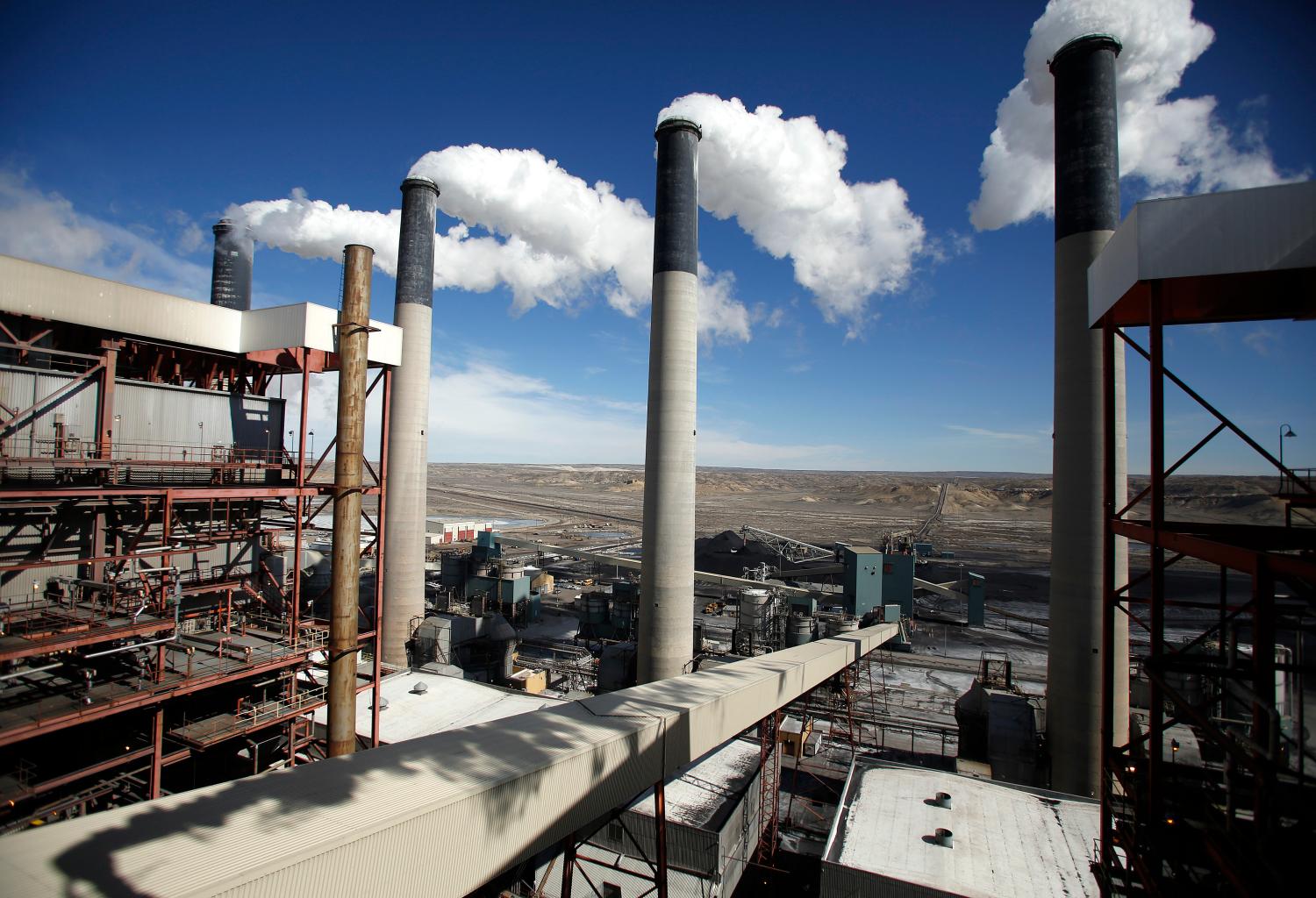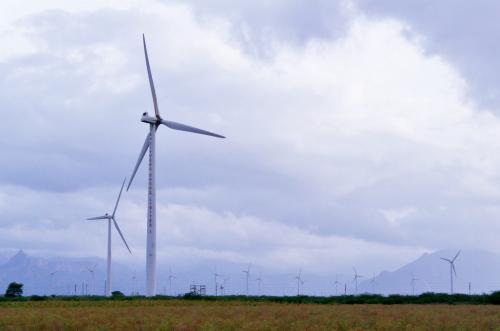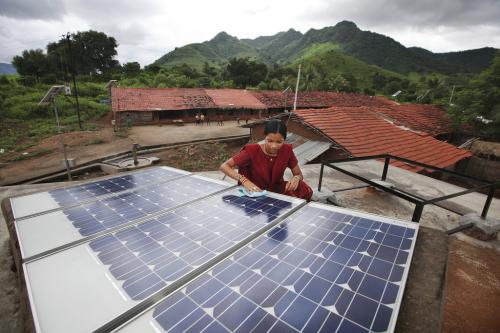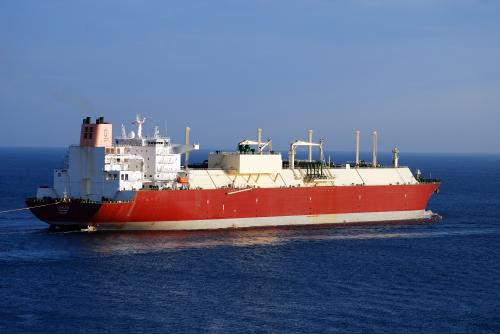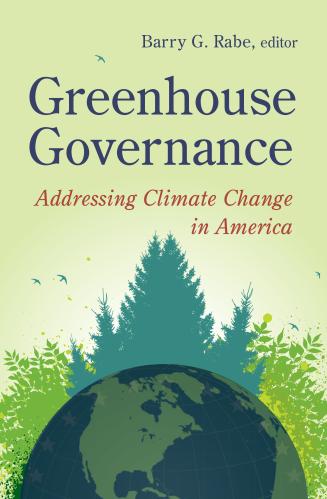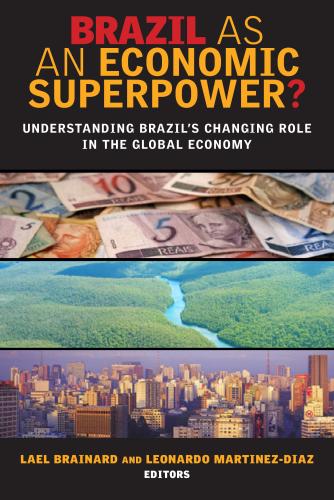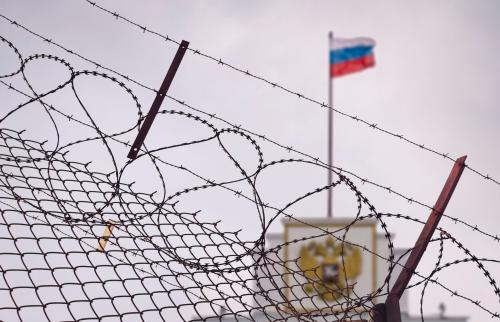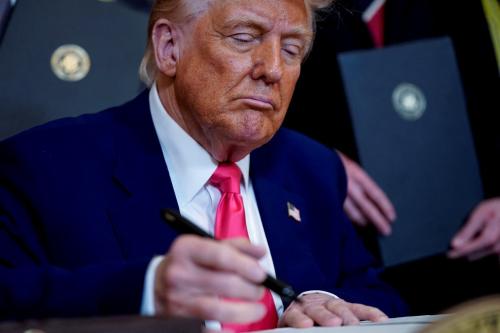Content from the Brookings Institution India Center is now archived. After seven years of an impactful partnership, as of September 11, 2020, Brookings India is now the Centre for Social and Economic Progress, an independent public policy institution based in India.
This paper is an adaptation of the keynote address delivered at the ISAS-ESI Conference on “Towards a Low Carbon Asia: The Challenges of Ensuring Efficient and Sustainable Energy”, on 28 November 2017. This was first published as an ISAS Working Paper.
India sits at the nub of the crisis of the current high carbon model of development. It is not responsible for this crisis and it can legitimately argue that it must not bear the costs of adapting and mitigating its consequences. However, it cannot escape the reality that it is amongst the most vulnerable nations to global warming. This paper identifies five factors that define the reality of India’s energy sector and argues that these factors should be regarded as predetermined trends that will influence the shape of India’s future energy profile, at least for the foreseeable future, irrespective of the specifics of policy.
It underlines that the Indian government recognises the severity of the problem and has embarked on an ambitious programme to tackle the crisis on its own. However, it requires better alignment of the political, institutional and financial framework for implementation in a given time-frame. Further, the paper lays out five propositions that are necessary first steps towards a low carbon future.
The Brookings Institution is committed to quality, independence, and impact.
We are supported by a diverse array of funders. In line with our values and policies, each Brookings publication represents the sole views of its author(s).

